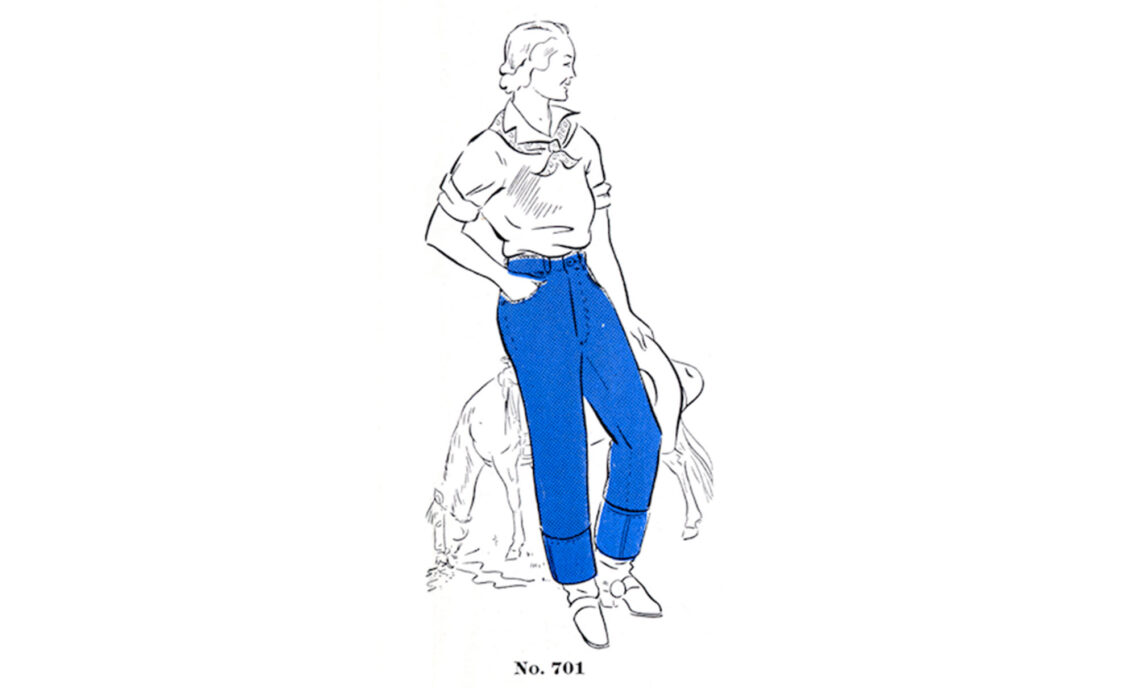Editor’s Note: The following excerpt comes from an Op-Ed originally published on Fortune by Chip Bergh, President and CEO at Levi Strauss & Co. In the wake of the shooting of Jacob Blake in Kenosha, Wisconsin and the violence that followed, Chip shares why it’s critical that he use his — and the company’s — voice to speak out about how addressing gun violence prevention and voter rights can help tackle structural racism in the United States.
George Floyd’s murder spurred worldwide outrage and a wider reckoning with structural racism in America. Black Lives Matter activists awakened hundreds of millions to the ceaseless killings of Black Americans by those sworn to protect them. More and more people, especially white people, started to grasp how pervasive racism remains and the constant danger Black Americans face every day.
… Black people not only are more likely to be killed by police for possibly carrying guns, they are also more likely to be convicted of gun-related felonies and receive harsher sentences. That’s partly why the number of Black people with felony convictions increased fivefold between 1980 and 2010, and why one-third of Black men now have felony records.
Because many states block people with felony records from voting, the reality that justice is not in fact blind drives voter suppression. Structural racism influences voting in more direct ways as well. During the recent primary season, Wisconsin, Georgia, and Kentucky closed numerous polling places in minority-heavy districts, forcing residents to travel further and wait for hours, at increased risk due to the coronavirus pandemic. Eligible voters have been disenfranchised in purges of voting rolls in several states.
I’m the first to admit that I’m still learning and that we have work to do in our own house. But the more I comprehend how structural racism intersects with gun violence and voting policies—as well as with environmental justice, financial opportunity, education, and other aspects of life—the more I am committed to using my and our company’s platform to highlight and address the human-made structures that nurture America’s racial caste system.
Read Chip’s full op-ed in Fortune. And check out this Fortune Q&A with Chip.







